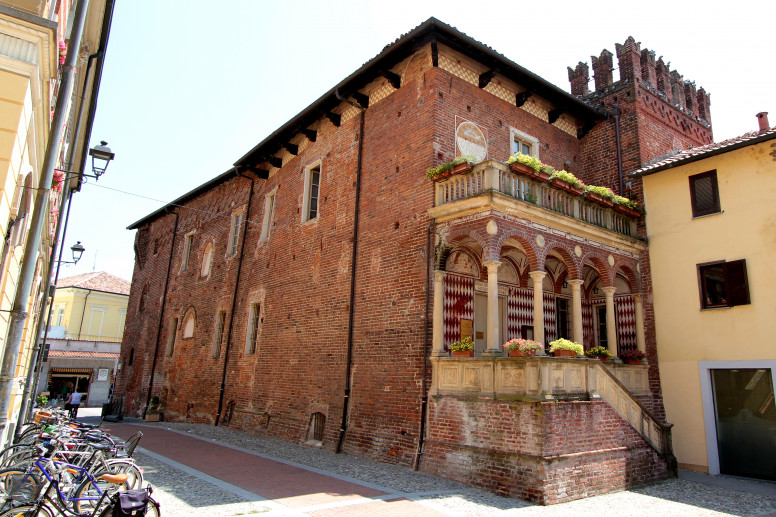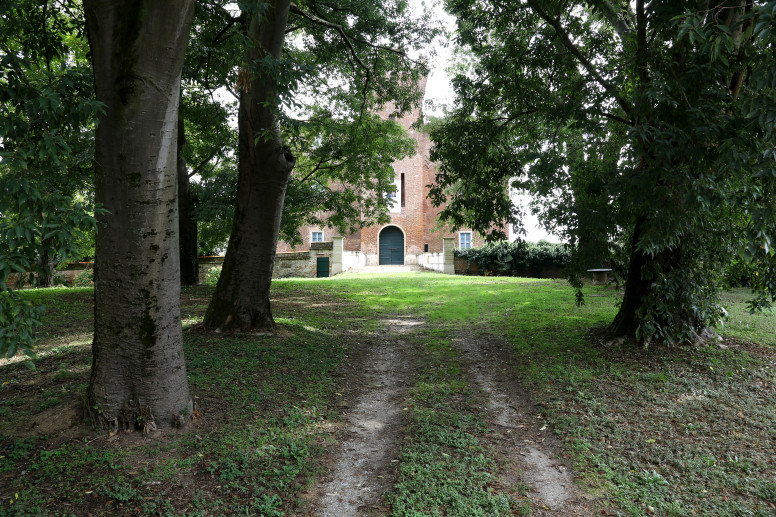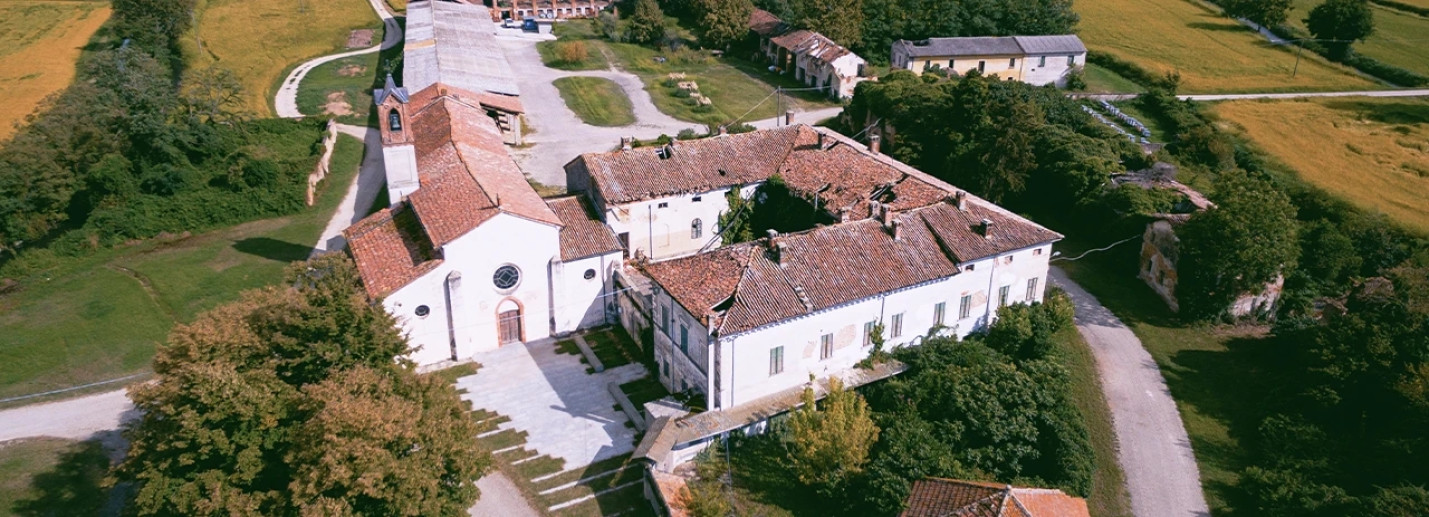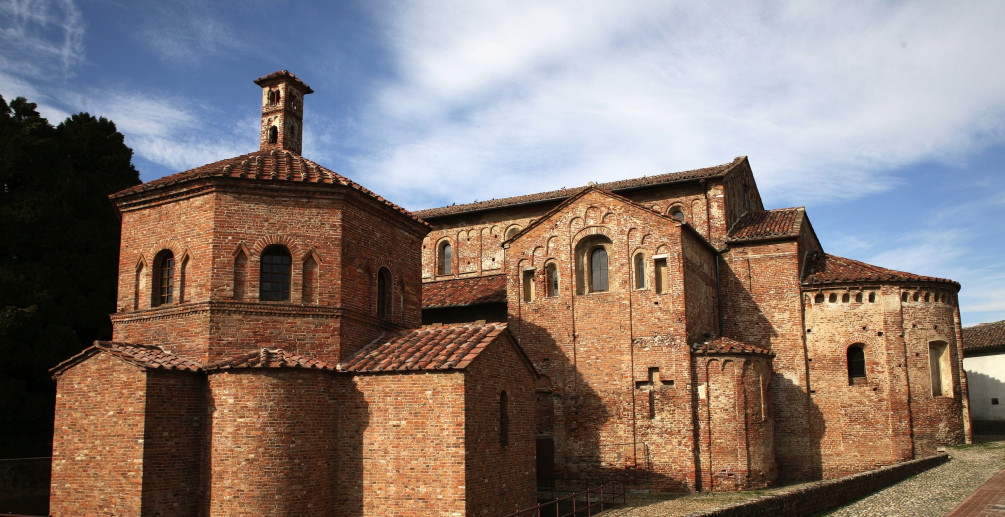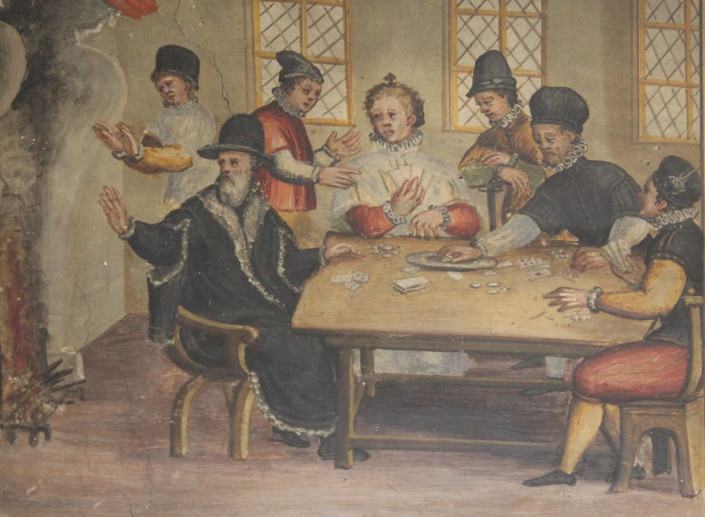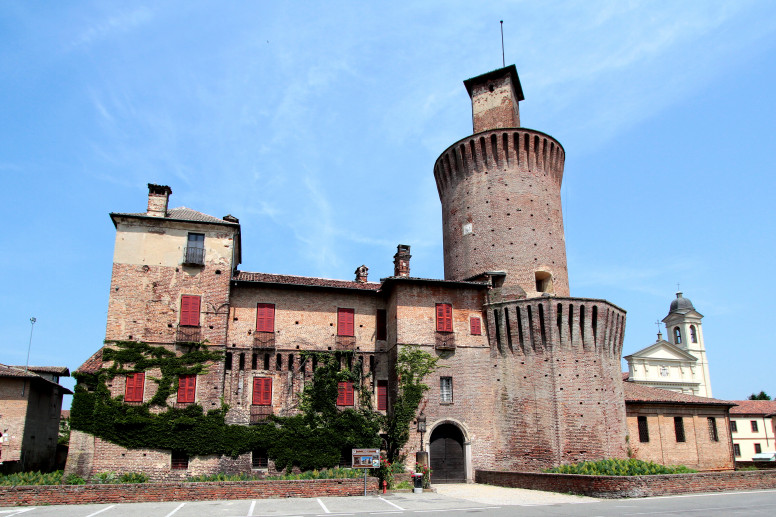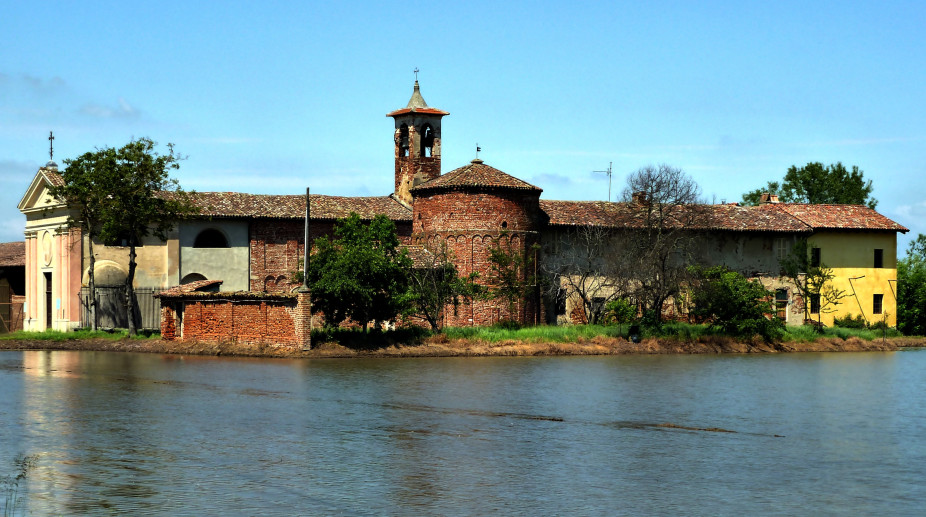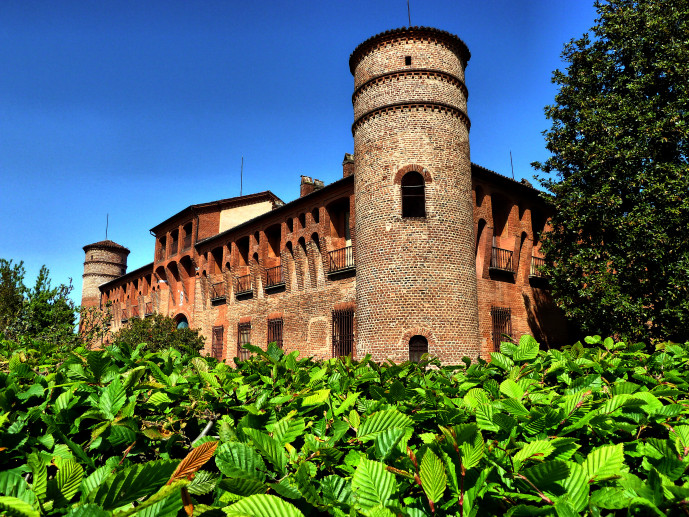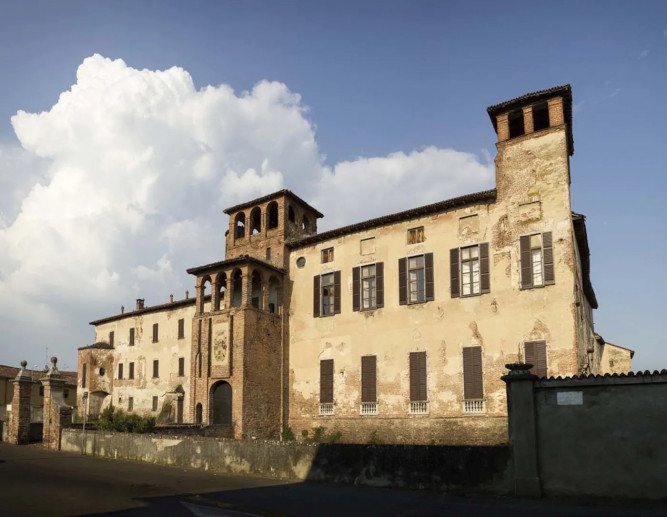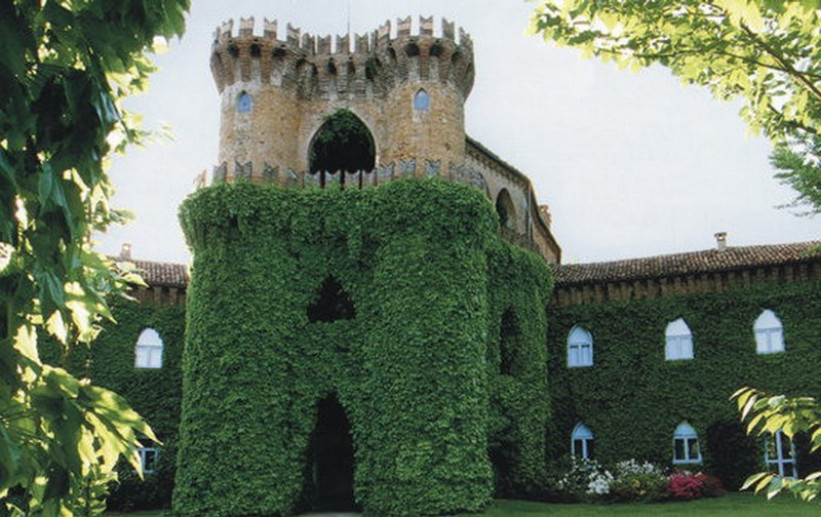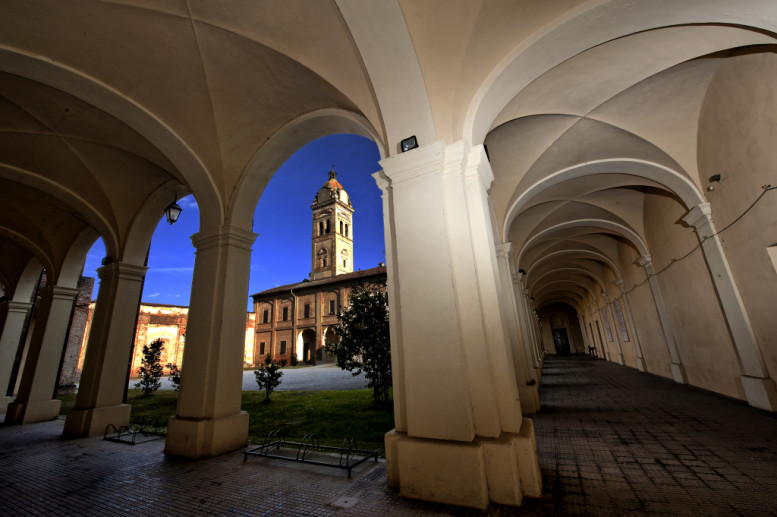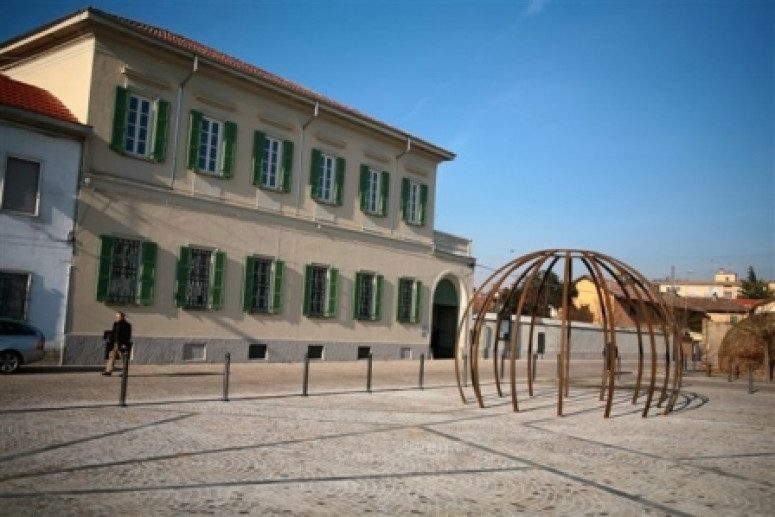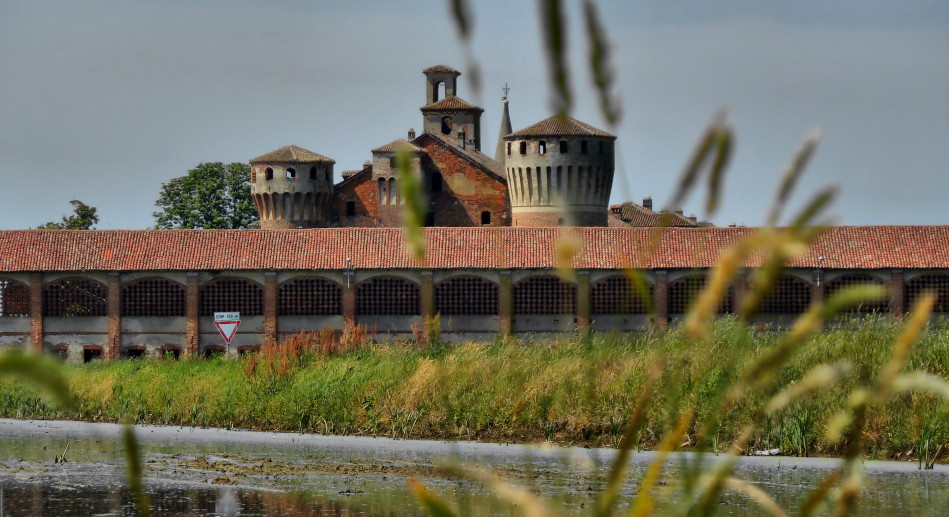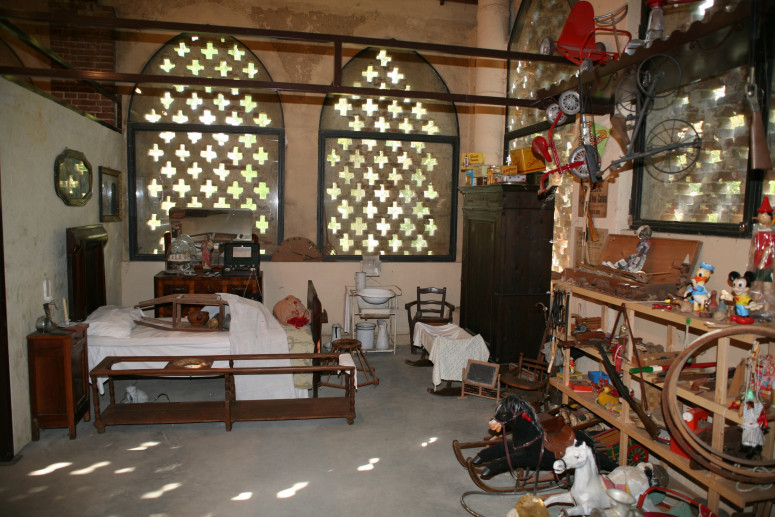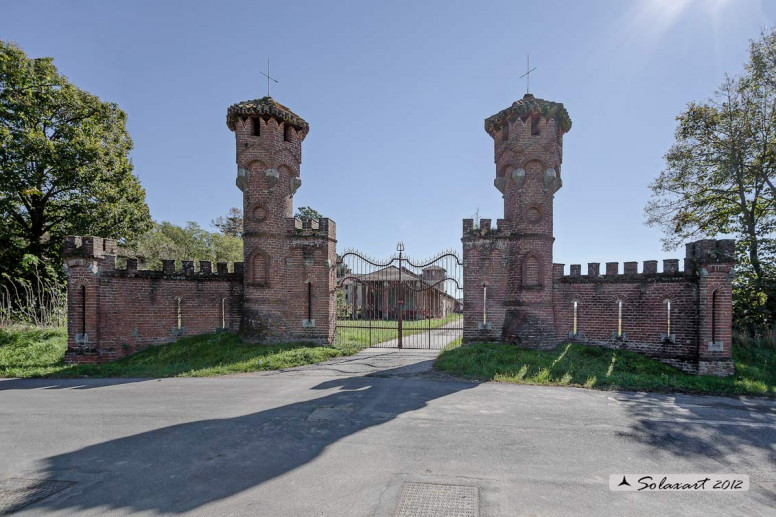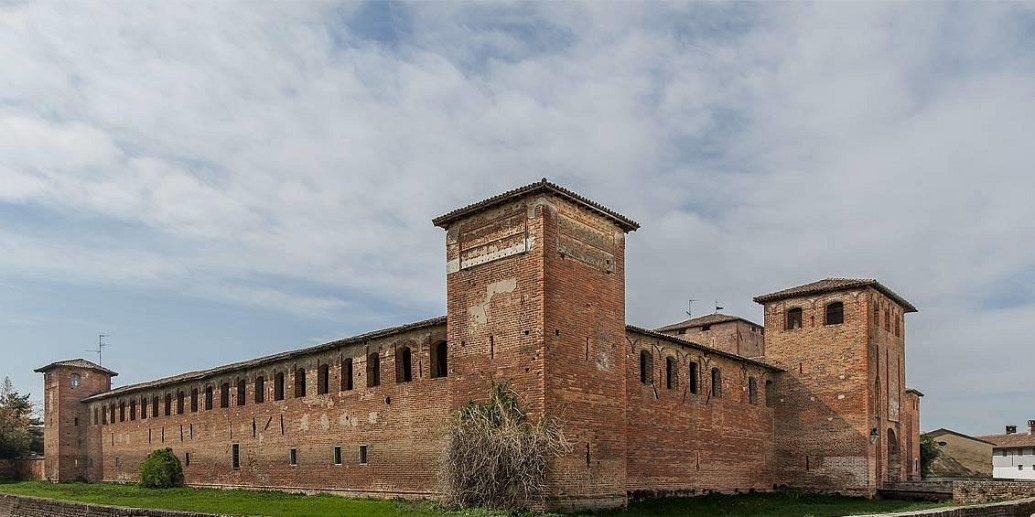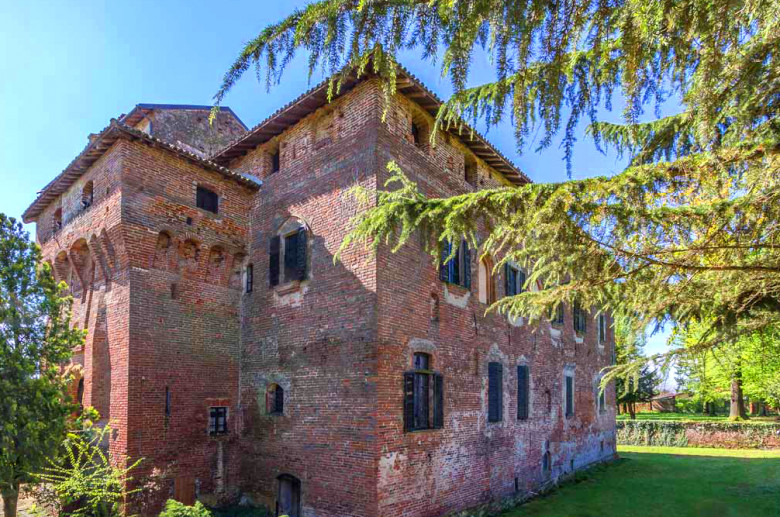- Unesco Sites
- Art & Culture
- Lifestyle
Traditional Lombard games
The game communities of Lombardy included in “Tocatì”, the shared programme for the preservation of Traditional Games and Sports
Six traditional games from Lombardy have been recognised by UNESCO as cultural heritage.
These are the “game communities” of Lombardy included in the “Tocatì”, the shared programme for the preservation of Traditional Games and Sports, from 2023 officially registered in the “UNESCO Register of Good Safeguarding Practices of Intangible Cultural Heritage”.
Its registration represents an important collective achievement for all communities and institutions – from local to international – involved in this strategic safeguarding process. The safeguarding programme combines policies for the enhancement of intangible cultural heritage with integrated actions of sustainable development and cooperation, focusing on intergenerational exchange and dialogue as values of the traditions of peoples and cultures.
The nomination was backed by Italy (UNESCO Office of the Ministry of Culture), the lead nation, together with Belgium, France, Croatia, and Cyprus. In particular, the Associazione Giochi Antichi (AGA or Ancient Games Association) is the lead player, engaged in the coordination and development of the process of safeguarding the Tocatì Programme. It was founded in Verona in 2002 and launched the “Tocatì - International Festival of Street Games” in 2003, fostering mutual acquaintance of the many game communities that practice traditional games and sports in Italy and around the world.
The Lombardy Regional government has supported this important UNESCO nomination, recognised by the Intergovernmental Committee.
Specifically, there are six game communities of Lombardy Region in the Nomination File:
Fiö d'lä lippä from Mede (PV)
Morra from Barbariga (BS)
Sburla la Roda from Fossacaprara (CR)
Bisse from Desenzano del Garda (BS)
Pirlì from Gaverina Terme (BG)
Bala Creela from Gianico (BS)
The Lombardy Region’s commitment to the enhancement of intangible cultural heritage has been fulfilled with the first law of 23 October 2008, No. 27 “Enhancement of intangible cultural heritage”, the first Italian law inspired by the contents of the 2003 UNESCO Convention for the Safeguard of Intangible Cultural Heritage, and with the new law of 7 October 2016, No. 25 “Regional policies on cultural matters - Regulatory reorganisation.”
-
